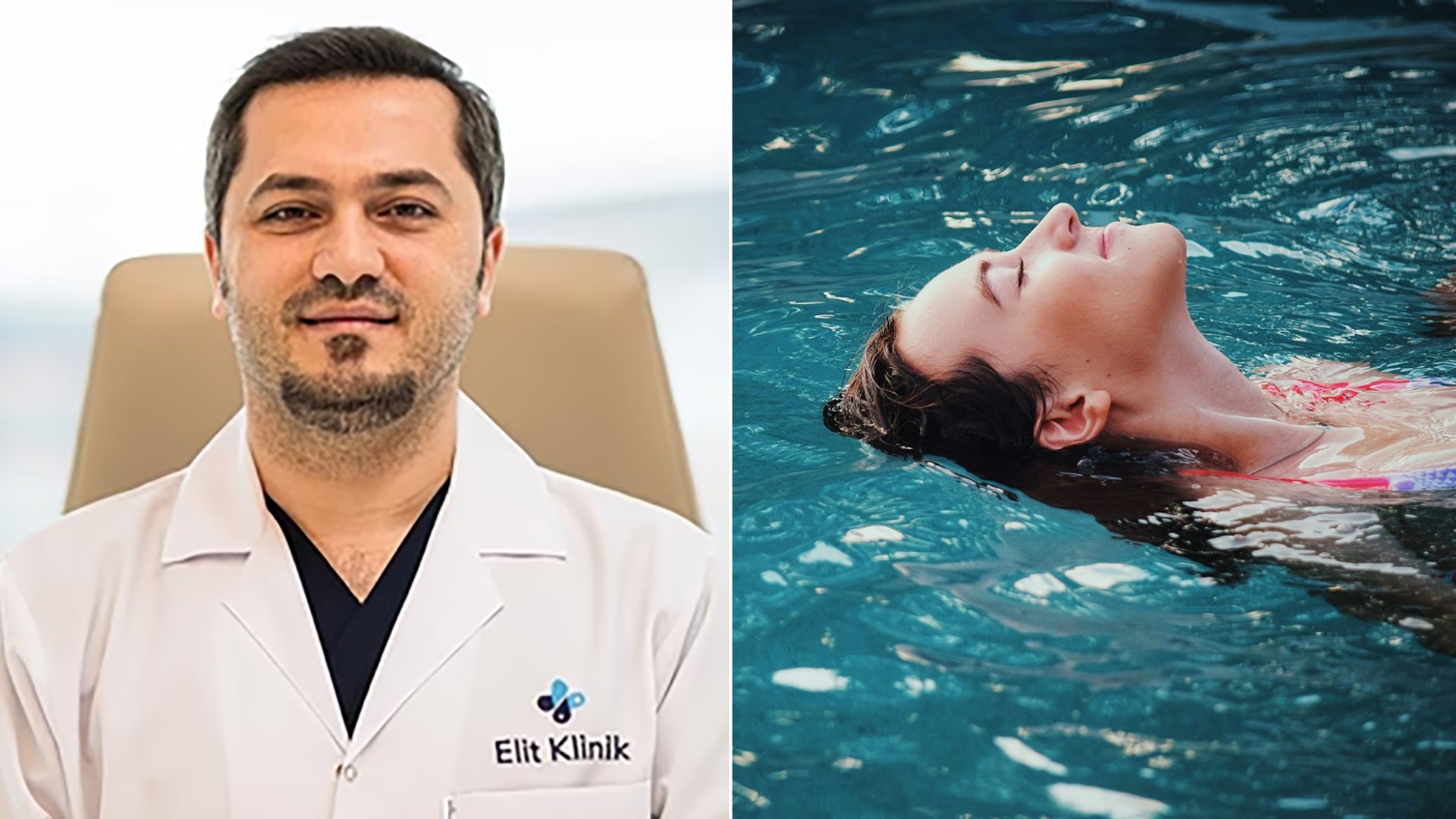Dr. Abdulaziz Balwi: Summer Hair Loss Triggers Revealed

The Impact of Chlorine on Hair and Scalp
As summer continues to heat up, many people are turning to swimming as a fun and refreshing activity. Whether it's for exercise, relaxation, or simply enjoying the water, swimming is a popular choice. However, there's one aspect of swimming that often raises concerns—its effect on our hair. Specifically, the high levels of chlorine found in most pools have sparked questions about whether they can cause hair damage or even hair loss.
While some might find swimming caps a practical solution, others may recall childhood memories of struggling with these accessories, making them less appealing. But should we be worried about what chlorine does to our hair?
Does Chlorine Cause Hair Loss?
Dr. Abdulaziz Balwi, a leading hair doctor at Elithair Clinic, one of the world’s largest hair loss clinics, has addressed this concern. According to Dr. Balwi, chlorine itself does not cause hair follicles to stop producing hair. However, excessive exposure can lead to breakage and scalp irritation.
He explains, "In rare cases, scalp inflammation caused by chlorine may exacerbate existing conditions or trigger temporary shedding (telogen effluvium), but this does not involve permanent follicle damage." While this shedding may make hair appear thinner, it's typically a cosmetic issue rather than a medical one.
Chlorine can weaken the hair shaft, making strands more fragile and prone to breaking mid-length. This can give the appearance of thinning hair, especially around the crown or ends. However, it's important to note that this type of damage is not true hair loss from the follicle. Once moisture is restored and scalp health improves, new hair will grow back, and the damage is often reversible.
How Chlorine Affects Hair and Scalp
Chlorine plays an essential role in maintaining the pH balance of a pool and disinfecting bacteria and germs. However, its effects on our hair and scalp can be significant. Chlorine can strip the scalp and skin of essential oils, leading to dryness, brittle ends, flaking, frizz, and increased susceptibility to breakage.
"When chlorine weakens the hair shaft, strands become more fragile and may break mid-length," says Dr. Balwi. "This can thin the appearance of hair, especially around the crown or ends, but it's not true hair loss from the follicle."
It's crucial to take extra care of your hair to mitigate the damage caused by overexposure to chlorine. By understanding how chlorine affects our locks, we can take steps to protect them and maintain their health.
Tips to Protect Hair from Chlorine Damage
Protecting your hair from chlorine damage doesn't have to be complicated. Here are some effective strategies:
-
Pre-soak your hair: Before entering the pool, soak your hair with fresh water. This helps fill the hair shaft with clean water, reducing the amount of chlorine it can absorb.
-
Apply a leave-in conditioner or hair oil: Using a leave-in conditioner or hair oil before swimming can help seal in moisture and create a protective barrier against chlorine.
-
Rinse immediately after swimming: After swimming, rinse your hair with clean, lukewarm water to wash away any residual chlorine.
-
Use a gentle, clarifying shampoo: Wash your hair with a gentle, clarifying (sulphate-free) shampoo to remove build-up and restore balance.
-
Wear a swimming cap: Although some people may not enjoy wearing swimming caps, they are one of the most effective ways to prevent chlorine from coming into contact with your hair.
By following these steps, you can enjoy the benefits of swimming without worrying about the potential damage chlorine can cause. So, next time you hit the pool, remember to take a few extra precautions to keep your hair healthy and strong.
Post a Comment for "Dr. Abdulaziz Balwi: Summer Hair Loss Triggers Revealed"
Post a Comment